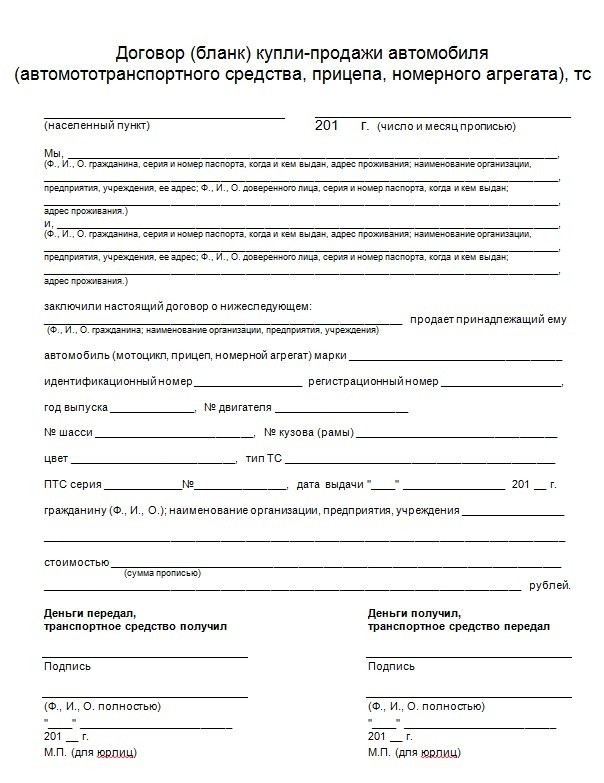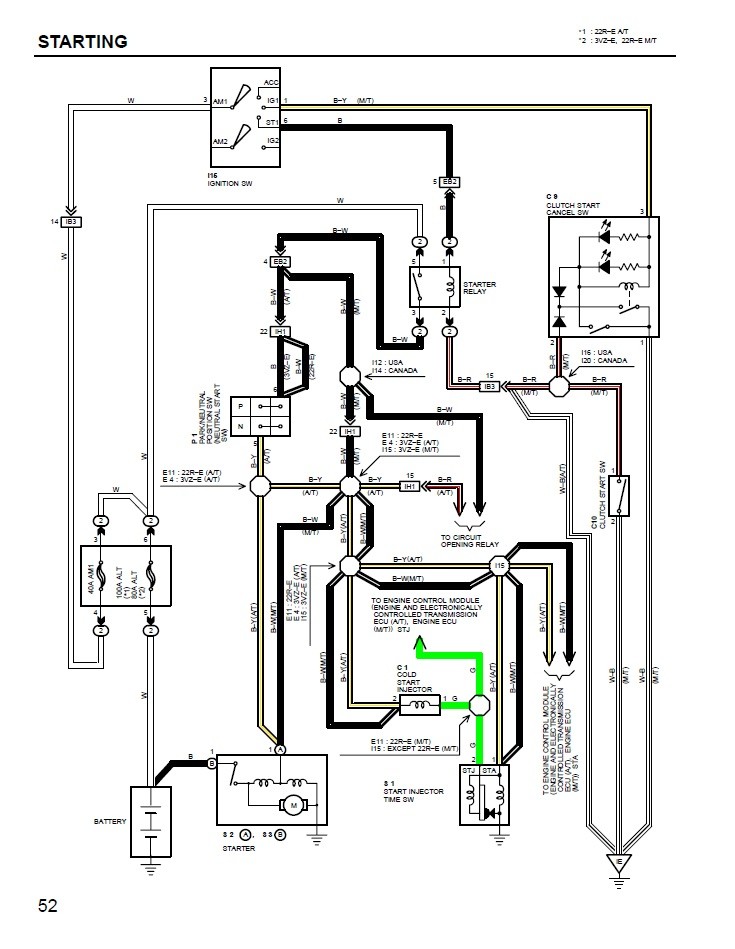
How to Transfer Ownership of a Vehicle in Vermont
Content
In the state of Vermont, all changes in vehicle ownership must be accompanied by a name change in title. The title transfer process is relatively simple and straightforward, but there are several steps that must be completed by all parties involved. This applies not only to the purchase or sale of a car, but also to donating / donating a car, as well as inheritance.
Buying a car in Vermont from a private seller
While buying through a dealer ensures that you don't have to worry about the process of transferring ownership, buying from a private seller means you need to take several important steps, including the following:
Make sure the seller signs the title in your name and hands it over to you.
Make sure the salesperson will help you fill out the sales deed and mileage report.
Get a release from the seller. Please note that the state of Vermont does not allow the sale of any car that is under bail.
Fill out the registration / title / tax application.
Bring all of this information, plus the transfer of ownership and registration fee, to the Vermont DMV office. The transfer fee is $33. There is also a 6% tax that must be paid. Registration can be transferred for $23, or you can pay for a new registration, which will cost between $70 and $129.
Common Mistakes
- Do not get a release from the bond from the seller.
Selling a car in Vermont.
As a Vermont car dealer, you will need to follow a few steps to make the process go smoothly. This includes:
Sign the title to the buyer.
Be sure to help the buyer complete the bill of sale and the odometer disclosure statement.
Give the buyer a release from the bond. Remember: you cannot sell a car if it has been seized.
Common Mistakes
- Failure to provide the buyer with a release from the bond
Gifting and Inheriting a Car in Vermont
For donated vehicles, the process for transferring ownership is identical to that described above. The giver will take on the role of the seller and the receiver will be the buyer. The only real difference is that both parties must complete the gift tax exemption form in order to avoid paying sales tax on the gift.
When it comes to car inheritance, the process is actually very complex. It's so complicated that the state of Vermont has actually created a detailed guide to help residents go through the process and provide all the information they need. You can find this guide here.
For more information on how to transfer ownership of a vehicle in Vermont, visit the state DMV website.
